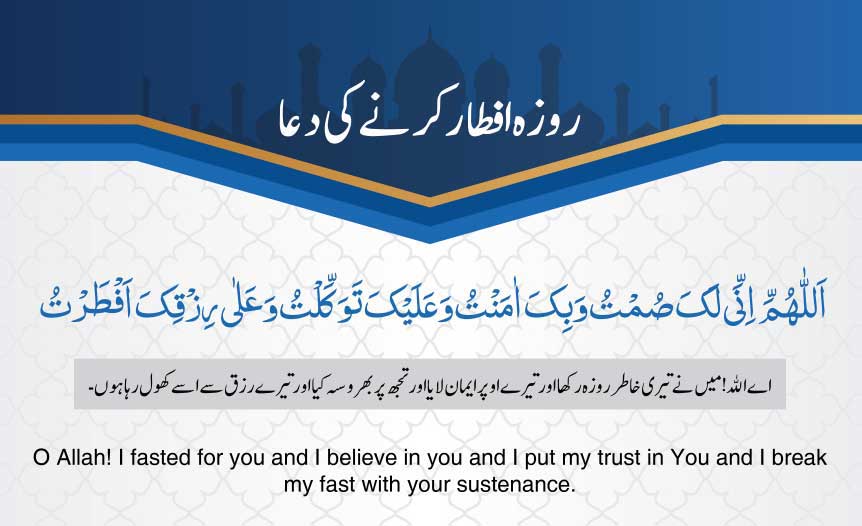How Eid Celebrations at the End of Ramadan:
Ramadan - Dua For Fasting - Dua For Ramadan - First Ashra Dua - Second Ashra Dua - Third Ashra Dua - Laylat Al Qadr - Ramadan Duas - Dua For Laylat Al Qadr
How Eid Celebrations at the End of Ramadan:
Eid al-Fitr, also known as the “Festival of Breaking the Fast,” marks the end of the holy month of Ramadan. The celebrations are typically marked with family gatherings, feasting, gift-giving, and prayers. Here’s a brief overview of what Eid celebrations might look like:
- Preparations: In the days leading up to Eid, families will typically prepare for the celebrations by cleaning their homes, buying new clothes, and decorating their houses with lights and other festive items.
- Prayer: On the morning of Eid, Muslims will gather in large groups to perform special Eid prayers. These prayers are typically held in open spaces like parks or mosques, and involve recitations from the Quran and special Eid-specific prayers.
- Feast: After the Eid prayers, families will typically gather for a large feast. This is a time to indulge in special foods and sweets, many of which are traditional to Eid celebrations. It’s also common for families to exchange gifts at this time.
- Visiting: Throughout the day, families will often visit one another to exchange greetings and well-wishes. This is a time for spreading joy and celebrating together.
- Giving to the needy: It’s traditional for Muslims to give to the needy during Eid celebrations. This might involve donating money, food, or clothes to those in need.
Overall, Eid celebrations are a time of joy, gratitude, and togetherness. They mark the end of a month-long period of fasting and reflection and provide an opportunity for Muslims to come together and celebrate their faith.
Dua for Fasting in English and Urdu
Suhoor or the pre-dawn meal is a significant element during Ramadan as it is the last meal before the sun rises and the fast begins. The Iftar is the evening meal with which Muslims break their fast at sunset.


Dua For First Ashra
The first 10 days of Ramadan signify Allah’s mercy with the purpose to practice mercy towards other brethren. Here is a dua for first 10 days of Ramadan:

Dua For Second Ashra
The second Ashra is a time for forgiveness. During this stage, Muslims ask for Allah’s pardon and seek repentance from sins. The dua that can be recited during the second Ashra is:

Dua For Third Ashra
The third and last Ashra ends on the 29th or 30th of Ramadan and holds special significance for Muslims since it represents protection from the hellfire. Additionally, the most important night of the Islamic calendar, Laylat-ul-Qadr, also falls during this time. The dua for the last 10 days of Ramadan is:

Dua For Laylatul Qadr
Known as the Night of Destiny, Laylatul Qadr commemorates the night that the Holy Quran was first revealed to Prophet Mohammad. In addition to zikr (remembrance of Allah) and recitation of the Quran, some Muslims perform Atikaf, an Islamic practice including a period of staying in a mosque for a couple of days and devoting themselves to worship. The dua to be recited during Laylatul Qadr is:

